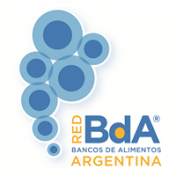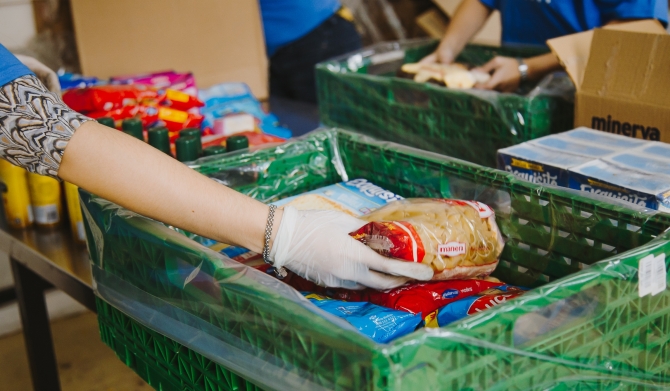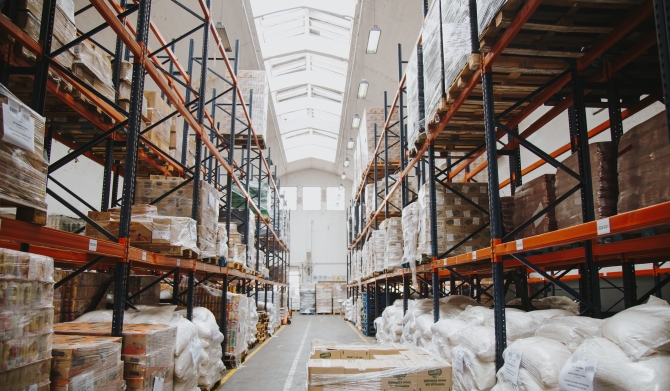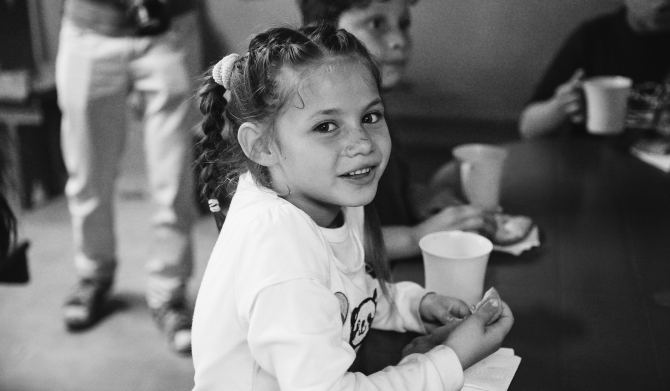Red Argentina de Bancos de Alimentos
The Argentina Food Banks Network (REDBdA) is a non-profit civil association made up of 25 Food Banks in Argentina. Food Banks contribute to reducing hunger, malnutrition and food waste in the country, rescuing, in a safe and traceable, food suitable for human consumption before it is discarded, in order to distribute it among organizations that assist people in need. In this way, a social value is given to food that has lost its commercial value, reducing food loss and waste.
GOALS
Potentiate the actions of Food Banks and the development of strategicalliances that promote the reduction of hunger and promote nutritioneducation, contributing to the promotion of the dignity of every humanbeing in Argentina.
OBJECTIVES
- To mitigate the problem of hunger and malnutrition in Argentina
- Promote the creation of new Food Banks
- Assist, train and work with food banks and food assistance in the
- implementation of programs for human development linked to food
- Coordinate the exchange of surplus food from the food banks in the country
- Represent the Food Banks nationally and internationally
- Audit the Food Bank to ensure compliance with procedures
- Contribute to minimize possible discarding food products that are fit forhuman consumption but can not be marketed
- Build strategic alliances and promote good policies between different social actors
PROGRAMS
- Food rescue
- Creating new food Banks
- Training for Food Banks and Beneficiaries.
- Good food handling practices
- Exchange of best practices
Address: F. Roosevelt 2157 Of 302
Ciudad Autónoma de Buenos Aires
Telephone: 11 5474-0423
Programs
-
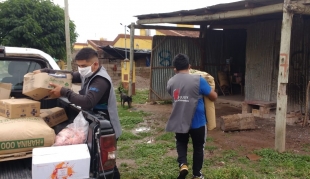
Food assistance in the COVID 19 emergency
The health emergency had a strong impact on the population with fewer resources, increasing the number of people requiring food assistance. The project seeks to sustain food aid to those who need it most during the pandemic.
-
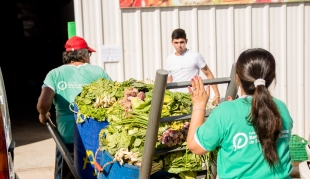
Food Sourcing
The project aims to improve the quantity and the quality of foods distributed by 23 Argentinean Food Banks to their 332.000 beneficiaries.

